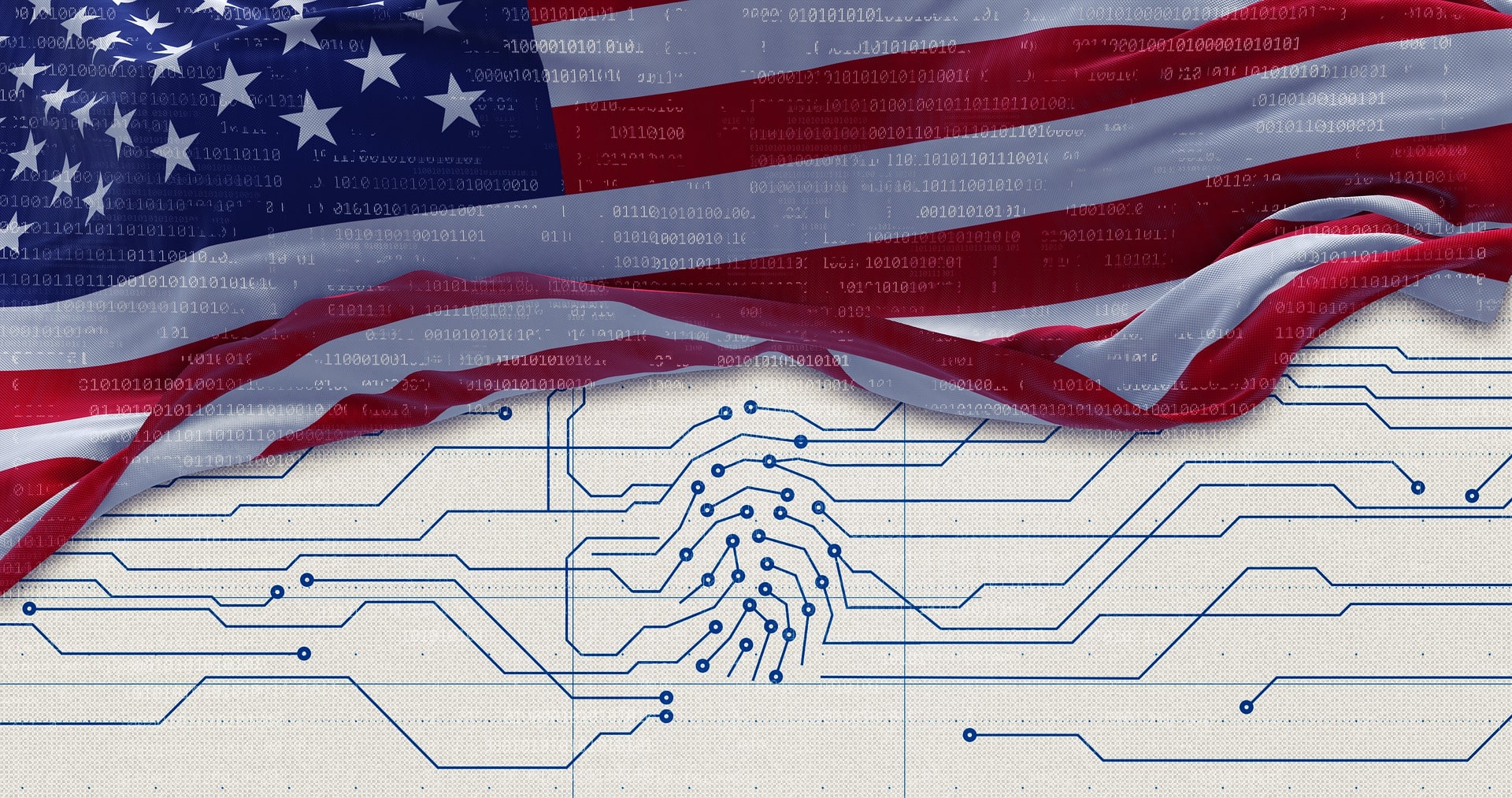
A recent analysis of state-level cybersecurity legislation in the United States underscores significant disparities in proactivity across states. The study examined various bills on cybersecurity, data protection, and information security, highlighting both standout and underperforming states, thus emphasizing the urgent need for a harmonized national approach to secure the nation’s digital assets.
Notably, Ohio, Oklahoma, and Pennsylvania have made significant strides. Ohio’s pending HB 116, for example, seeks to introduce the Computer Crimes Act, offering a robust legal structure against cybercrime. Oklahoma’s SB 1802 mandates a standardized security risk assessment for state IT systems, while Pennsylvania is pushing several bills, including HB 40 and HB 1362, aimed at reinforcing cyber resilience.
However, some states like Rhode Island and Washington show mixed results. Despite presenting bills concerning cybersecurity, the delays in passing crucial legislation highlight the need for expedited actions. Statistical insights reveal that Ohio, with 80% of bills addressing cybersecurity either pending or enacted, leads the pack, followed by Oklahoma (75%) and Pennsylvania (70%). Conversely, Rhode Island and Washington lag, at 50% and 40% respectively.
For a resilient national cybersecurity posture, unification is imperative. Fragmented legislation can expose vulnerabilities, making the nation susceptible to cyber threats. A consolidated approach promotes information sharing, coordination, and standardizes best practices. Achieving this necessitates collaboration among state governments, federal agencies, private sectors, and cybersecurity experts. A national framework encompassing standard protocols, incident response strategies, and consistent cybersecurity audits will ensure uniform protection. Further, investing in cybersecurity education equips people to counter evolving threats adeptly.
The evolving cyber threat milieu mandates agility and foresight from state governments. The study accentuates the importance of prioritizing comprehensive cybersecurity legislation, resource allocation, and collaboration. By doing so, the US can bolster its defense against cyber threats, safeguarding vital systems and data.
All stakeholders, including policymakers, industry leaders, and citizens, must rally behind the call for a unified cybersecurity approach. A collective commitment, backed by federal support, can bridge existing gaps and create a cohesive defense system for the nation. Proactive and coordinated efforts are the keys to navigating the intricacies of the cyber world and ensuring the nation’s secure digital future.
The analysis reveals that only 16.4% of proposed bills related to cybersecurity are being passed. This low percentage spotlights the pressing need for a proactive approach to address cyber threats. It’s clear that to ensure the security of our digital infrastructure, there’s a need for legislative frameworks to be both current and comprehensive. State governments have a pivotal role, and by enacting thorough cybersecurity bills, they can strengthen their defenses against cyber threats.
Key factors hindering cybersecurity legislation include its inherent complexity, the speed of technological advancements, and the balancing act between security and privacy. Additionally, the legislative process’s fragmented nature, lobbying, and partisan politics further complicate matters. To navigate these challenges, a concerted effort between lawmakers, experts, and the public, combined with a profound understanding of current cyber threats, is essential.




